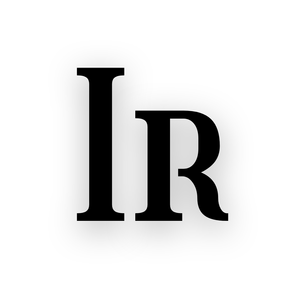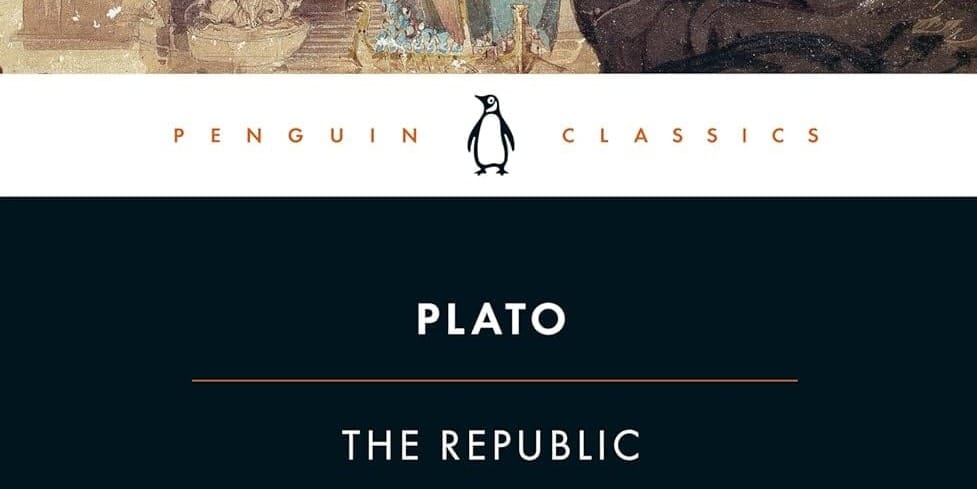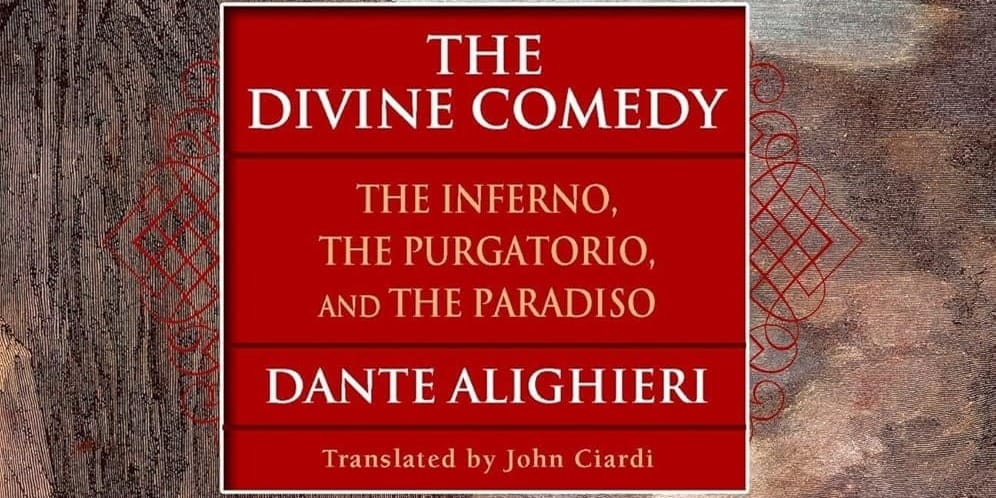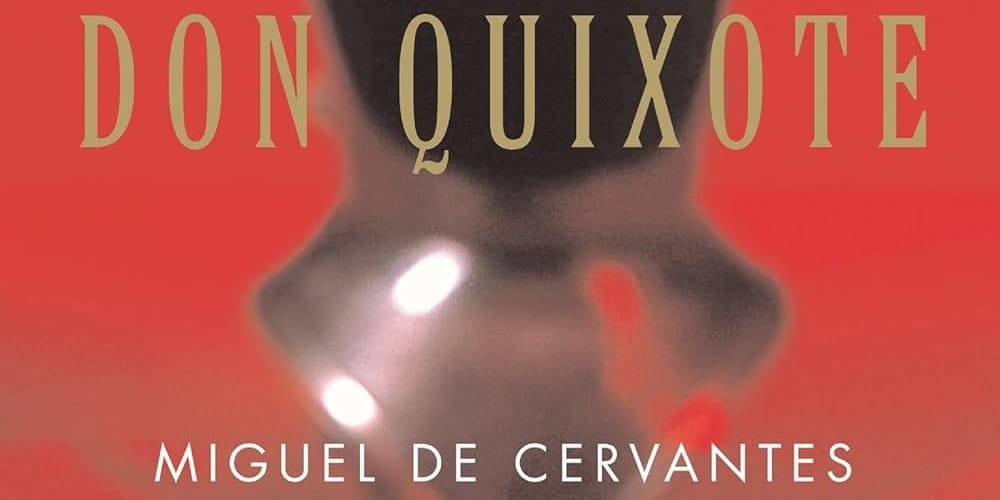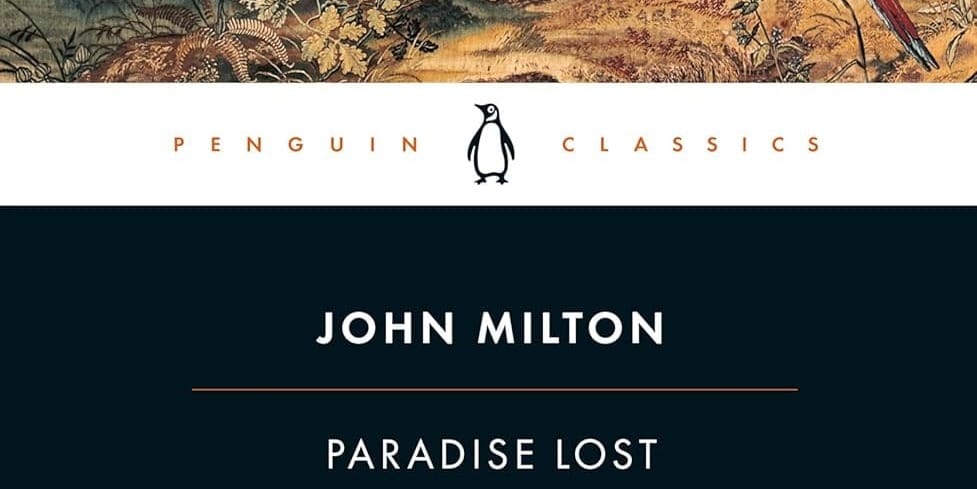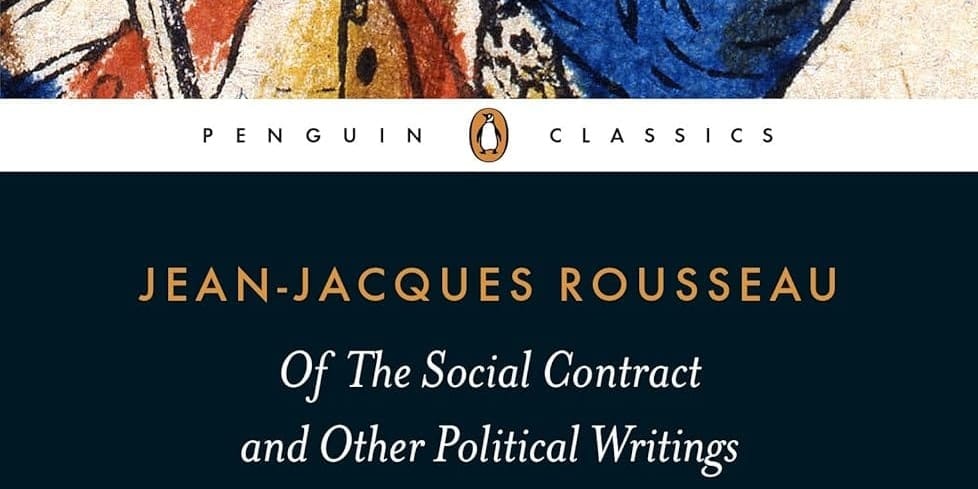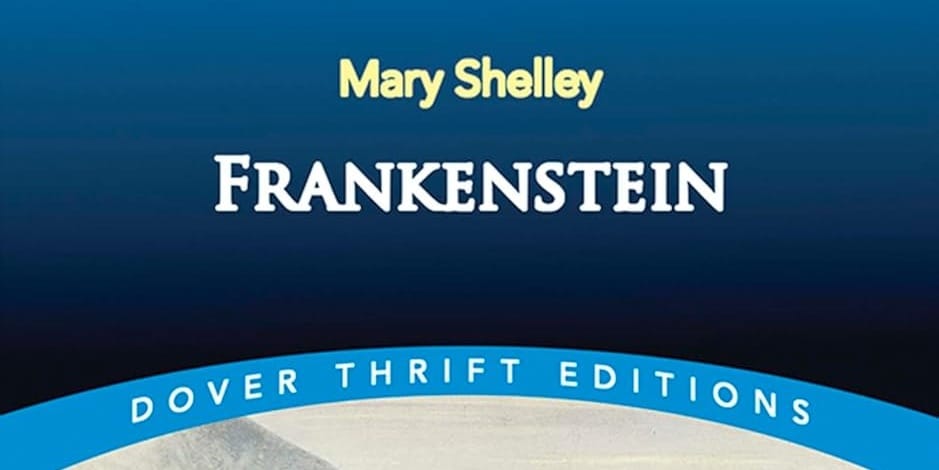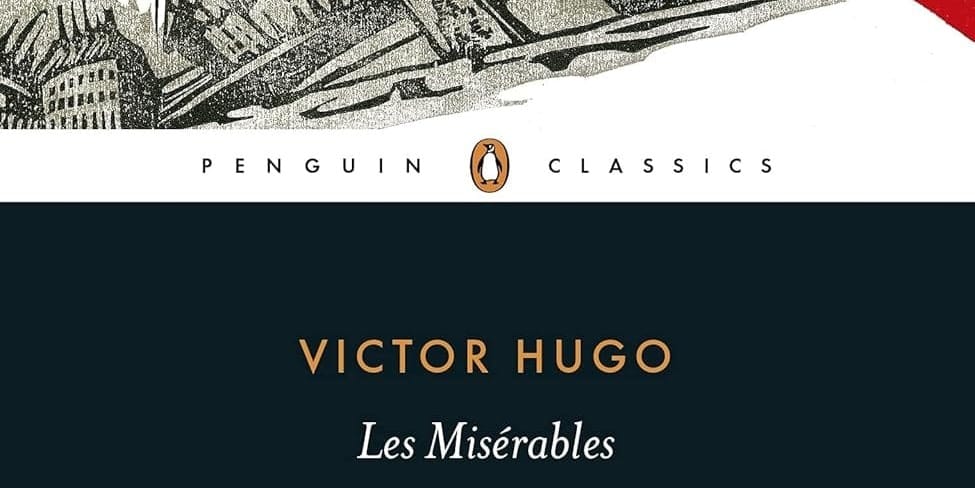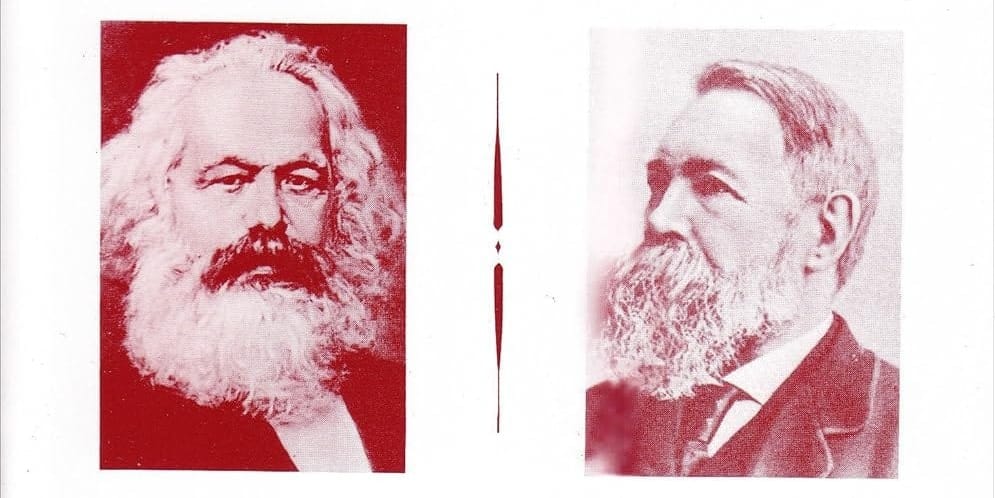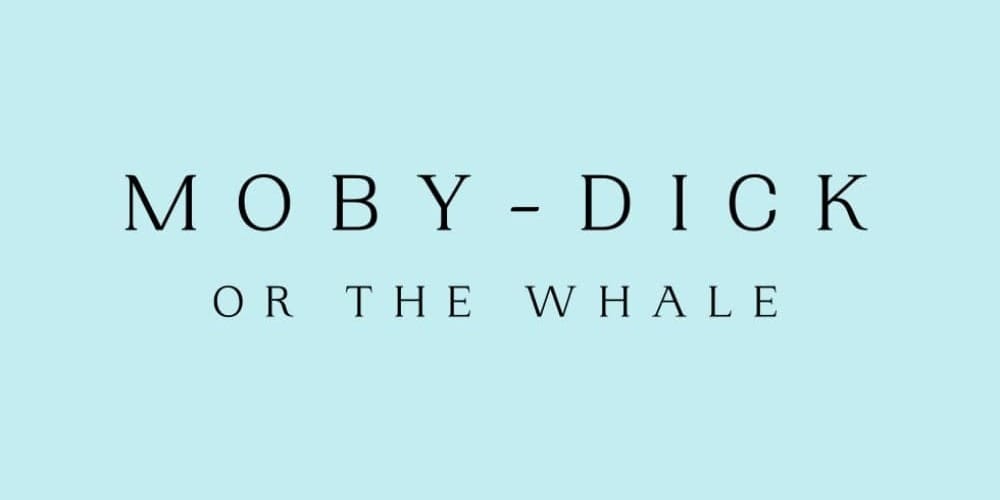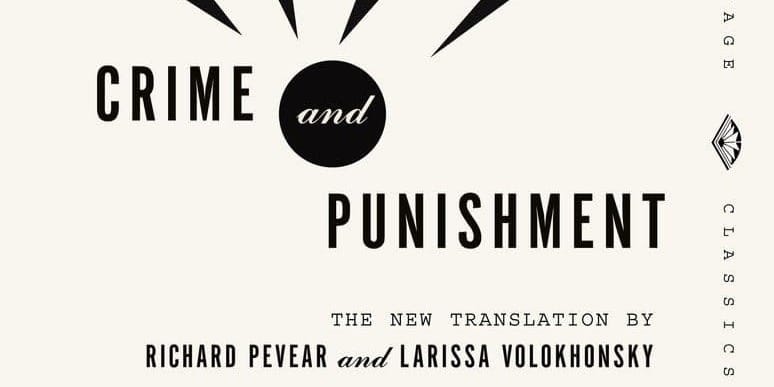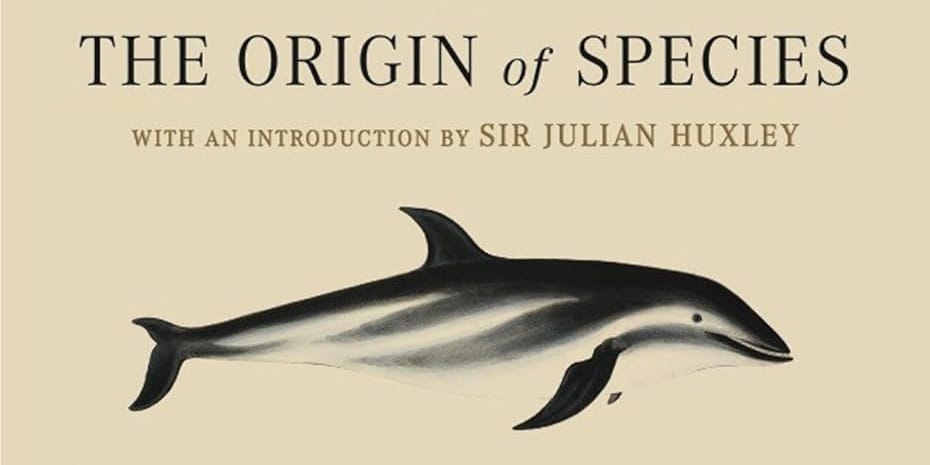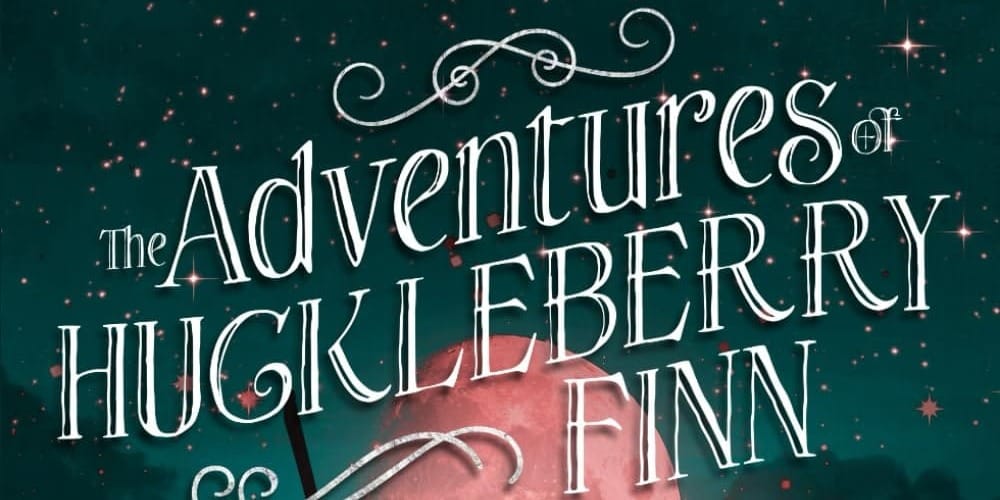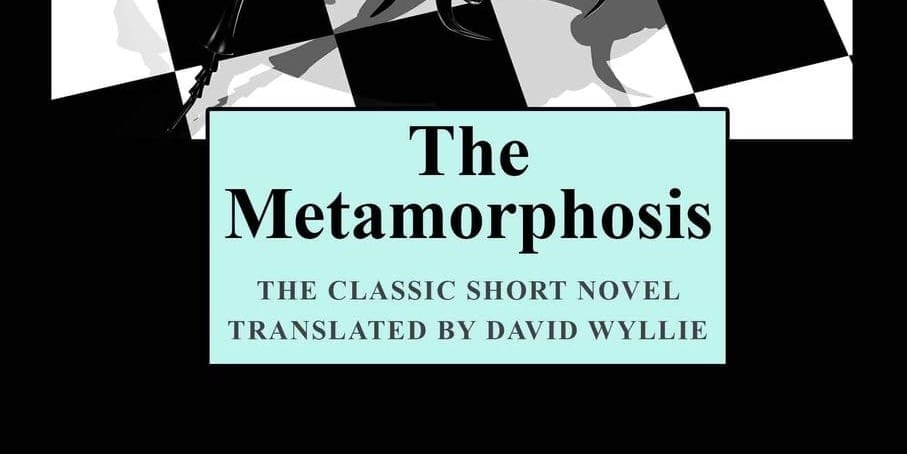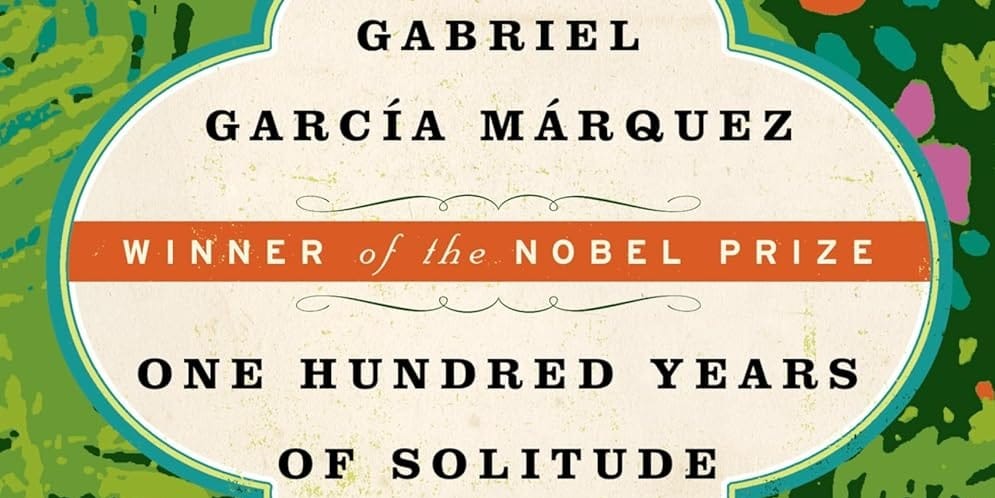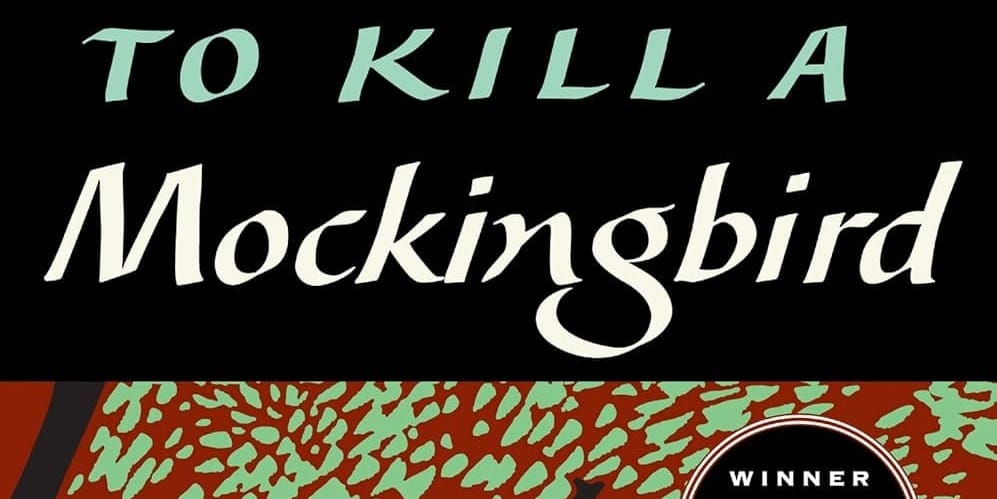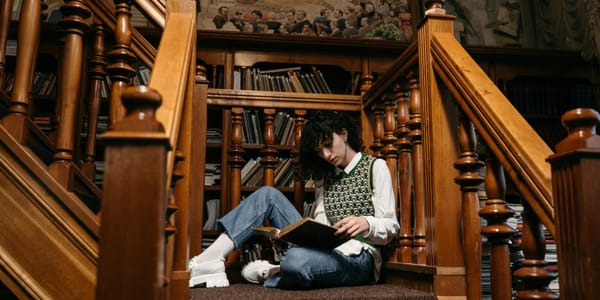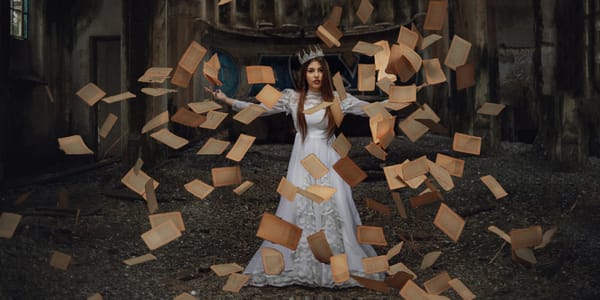Some books do more than tell unforgettable stories — they change the course of literature and history. Revolutionary classics are works that broke conventions, introduced bold new ideas, and reshaped the way readers and societies thought about the world. In this article, we highlight 15 revolutionary classic books that didn’t just captivate readers but transformed literature itself, leaving a legacy that still shapes culture today.
How Revolutionary Classics Redefined Literature (and Life)
Before we dive into the list, it's worth pausing to reflect on what makes a book "revolutionary." It's not just popularity or awards. Revolutionary classics stand apart because they challenge conventions — literary, social, political, or philosophical. They introduced new styles, tackled forbidden topics, and often forced entire societies to look at themselves differently. Just as modern classics continue to push boundaries today, these historical milestones remind us that storytelling isn't just entertainment; it's an act of transformation. Whether reshaping the idea of individual freedom, society, or even the structure of language itself, each book here opened doors that were once tightly shut. And that's what keeps them alive in our collective imagination.
1. "The Republic" by Plato
It's impossible to talk about revolutionary classics without mentioning "The Republic." Plato's exploration of justice, society, and the ideal state continues to influence political philosophy and ethics even thousands of years later. His famous Allegory of the Cave perfectly symbolizes how society often mistakes illusions for reality — an idea that's incredibly relevant today, especially when reflecting on social conditioning or questioning one's cultural upbringing, as discussed in philosophy classics.
2. "The Divine Comedy" by Dante Alighieri
Dante's journey through Hell, Purgatory, and Paradise wasn't just a religious meditation — it redefined what literature could do. "The Divine Comedy" offered a new cosmic order that combined personal experience, theological insight, and stunning poetry. It's one of those historical classics that bridged the medieval and modern worlds, inspiring countless writers and artists.
3. "Don Quixote" by Miguel de Cervantes
Often called the first modern novel, "Don Quixote" is more than an adventure story; it's a meditation on reality, illusion, and human folly. Cervantes broke free from linear storytelling, playing with perspectives and character psychology — laying the groundwork for today's literary fiction.
4. "Paradise Lost" by John Milton
Milton didn't just retell the Biblical story of the Fall; he reimagined it with radical empathy, especially toward Satan as a tragic figure. His grand, baroque language and profound philosophical inquiries make "Paradise Lost" an enduring cornerstone of English literature — and a timeless work that shaped how writers depict heroism and rebellion.
5. "The Social Contract" by Jean-Jacques Rousseau
"Man is born free, and everywhere he is in chains." With this explosive statement, Rousseau's "The Social Contract" helped ignite revolutions. A foundational text for modern democracy and civil rights, it’s an absolute must-read classic if you’re exploring how literature shaped history, not just reflected it.
6. "Frankenstein" by Mary Shelley
Born out of a haunting night of storytelling among literary giants, Mary Shelley's "Frankenstein" didn't just launch the science fiction genre — it questioned the very essence of humanity, ambition, and morality. As gothic classics go, none loom larger or strike deeper than Victor Frankenstein's cautionary tale.
7. "Les Misérables" by Victor Hugo
Victor Hugo turned the novel into a vehicle for social change. "Les Misérables" isn't just a sweeping story of redemption and love; it's a fierce critique of poverty, injustice, and systemic failure — a timeless exploration that continues to resonate in discussions around socially impactful literature.
8. "The Communist Manifesto" by Karl Marx and Friedrich Engels
Few texts have reshaped the world more than The Communist Manifesto. Although more political than fictional, its fiery prose and bold call to action revolutionized how writers approached themes of class, labor, and societal transformation. It laid the foundation for new waves of revolutionary thought across literature and philosophy, inspiring countless works that continue to grapple with questions of power, justice, and human equality.
9. "Moby-Dick" by Herman Melville
Initially misunderstood and underappreciated, "Moby-Dick" exploded the traditional adventure novel into a vast, symbolic, and philosophical masterpiece. Ahab's monomaniacal quest echoes far beyond a mere whaling story — making it a must-read for anyone interested in timeless American literature.
10. "Crime and Punishment" by Fyodor Dostoevsky
In "Crime and Punishment," Dostoevsky plumbs the human psyche with an intensity that few have matched. Raskolnikov's torment isn't just about guilt; it's about the philosophical struggle between nihilism and morality. It's the definitive exploration of crime, redemption, and the human condition.
11. "The Origin of Species" by Charles Darwin
While not a novel, Darwin's "The Origin of Species" revolutionized human thought more profoundly than almost any fictional story. It redefined humanity's place in the natural world and shattered long-held beliefs — themes that ripple through countless modern works today.
12. "The Adventures of Huckleberry Finn" by Mark Twain
With its raw portrayal of race, freedom, and societal hypocrisy, "The Adventures of Huckleberry Finn" didn't just chronicle America — it challenged it. Twain's use of vernacular speech and moral ambiguity pushed the boundaries of literary form and social criticism.
13. "The Metamorphosis" by Franz Kafka
"The Metamorphosis" might be short, but its impact is titanic. Kafka’s surreal, existential fable about Gregor Samsa’s grotesque transformation questions identity, humanity, and societal alienation — making it a defining work in literary history.
14. "One Hundred Years of Solitude" by Gabriel García Márquez
García Márquez didn't just write a novel; he created an entire genre — magical realism. "One Hundred Years of Solitude" blends history, myth, and reality in a way that redefined Latin American literature and expanded the boundaries of what storytelling could be.
15. "To Kill a Mockingbird" by Harper Lee
Few novels have fused social commentary with storytelling as gracefully as "To Kill a Mockingbird." Lee's exploration of racial injustice, empathy, and morality remains one of the most powerful and beloved must-read classics — a story that still stirs hearts and minds across generations.
Why Revolutionary Classics Still Matter
In a world that often rushes toward the next "new thing," revolutionary classics remind us that true innovation requires courage, depth, and vision. These works didn’t just mirror their times; they shattered illusions, questioned systems, and inspired new ways of being and seeing. From philosophy to fantasy, dystopia to gothic masterpieces, classic literature holds a mirror to society and dares us to think differently. Whether you're just browsing classics or exploring timeless reflections on human nature, returning to these books is like reconnecting with the raw energy that shapes civilization itself. They're not relics of the past; they're living, breathing ideas that continue to challenge, inspire, and awaken us. And maybe, just maybe, they'll spark a little revolution in your own heart too.
💬 Psst… Many of the books from the list are available to read for free with Kindle Unlimited or listen for free with Audible — both offer 30-day free trials for new users. Perfect if you’re trying to read (or listen to) more without spending more.
